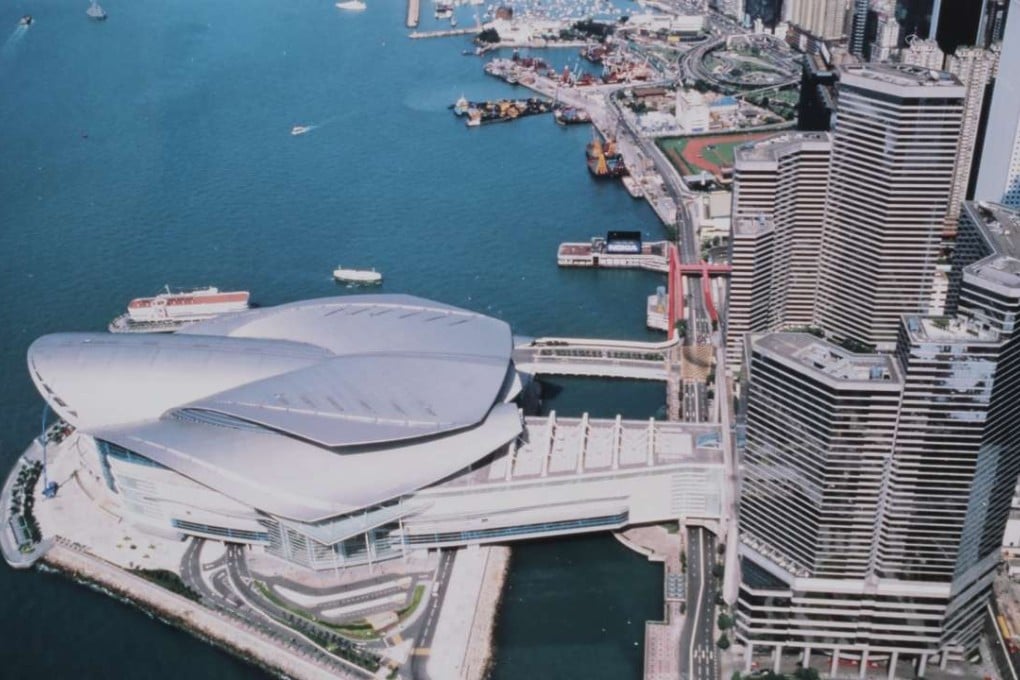Money Matters | Who’s that 39-year-old paying HK$1.4 billion for three office floors?
Mystery surrounds the fortunes of Ye Jianming, his company structure, or why he pays triple the prevailing interest rate for loans to fund his acquisitions

Ye Jianming isn’t a name that rings many bells. But it will, considering what he’s achieved so far in a country where the state firms take all.
He is the sole private entrepreneur to win a stake in an Abu Dhabi onshore oil concession – which has a lifespan of 40 years – with 4 per cent. British Petroleum and China National Petroleum Corp got 10 and 8 per cent respectively.
Why would state giants like CNOOC and Sinopec Group tolerate that?
He holds a “full” licence in China’s financial industry – covering insurance, brokerage, banking, trusts, commodities and asset management, alongside state-owned Citic Group and China Everbright Holdings.
What’s so different here from the hundreds of firms that are queuing up for an insurance licence?
His empire, CEFC China Energy, has seen its revenue double to 263 billion yuan (US$38.3 billion) between 2012 and 2015, becoming the largest oil trader in China. That was before the company won a lucrative permit to import oil.
